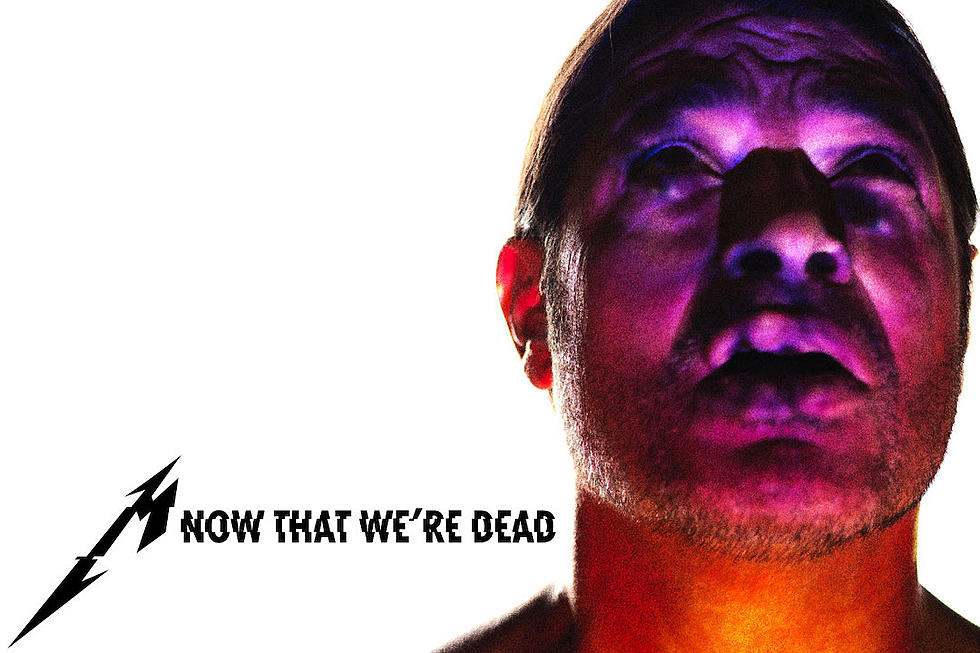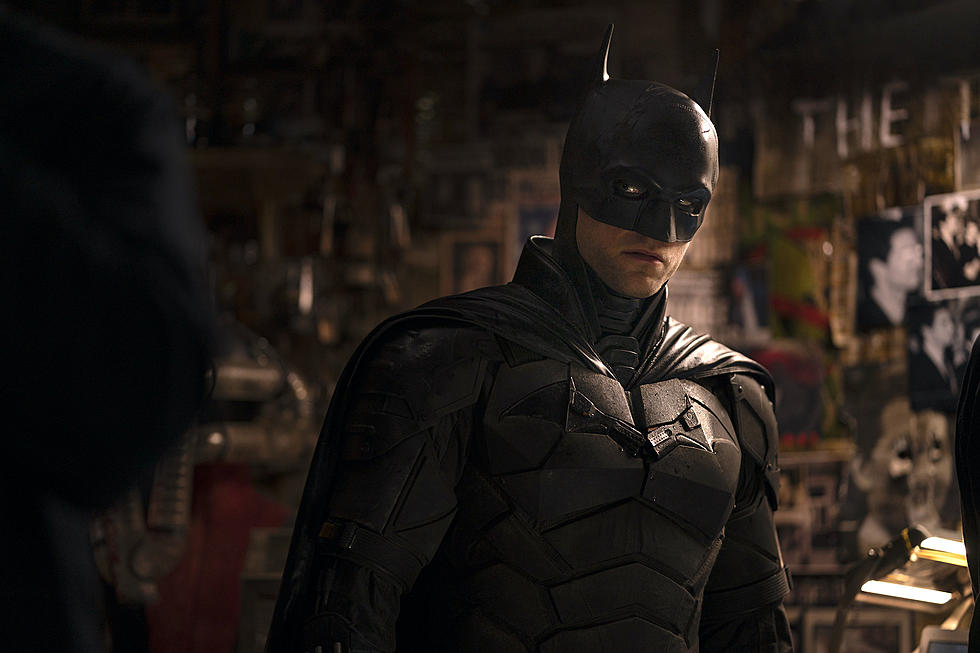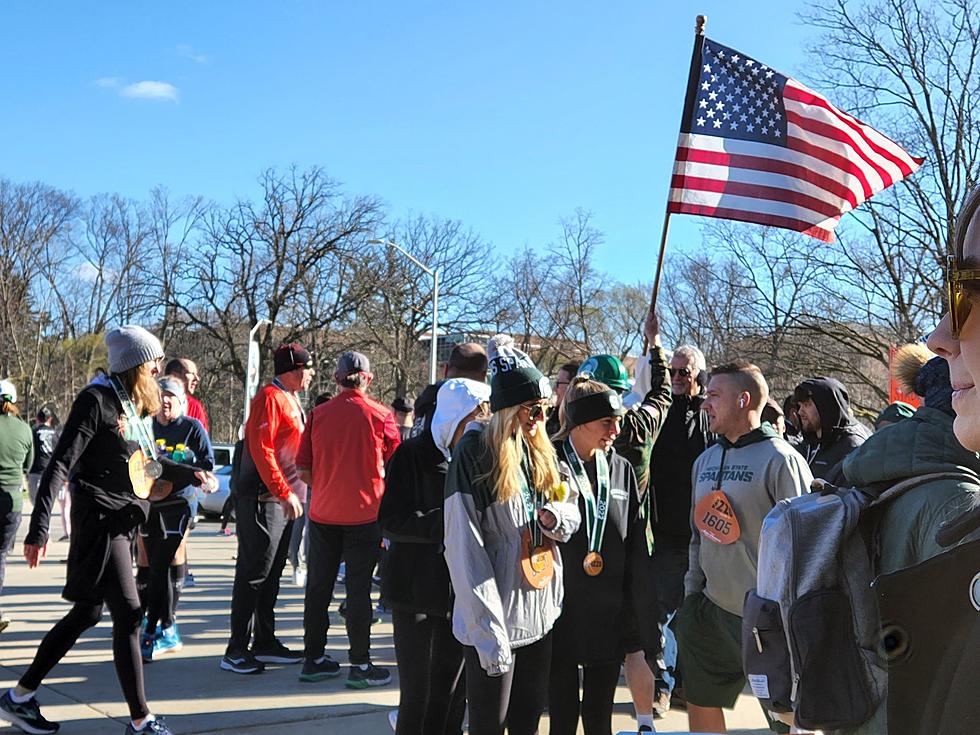
How Metallica Almost Killed ‘Now That We’re Dead’
Metallica were eager to flex their brawny, return-to-roots thrash attack across much of 2016's Hardwired … to Self-Destruct, but on the groovy, stomping "Now That We're Dead," they had to learn how to loosen up.
Released as the fourth Hardwired single on April 18, 2017, "Now That We're Dead" opens with a primal drum groove and crunchy, descending guitar riffs, not entirely dissimilar to the anthemic "Enter Sandman." Chugging power chords and beefy, simple beats power the rest of the song, as James Hetfield unleashes his gritty, melodic roar in the soaring chorus.
"Now That We're Dead" is markedly more laid-back than other breakneck thrash cuts on Hardwired, such as the title track and "Spit Out the Bone" — which, paradoxically, gave the band its greatest struggle.
"We had to use one of the preproduction rehearsal takes of 'Now That We're Dead,'" drummer Lars Ulrich told Rolling Stone in 2016. "When we started tracking it, you just start thinking too much about what you’re doing and it starts getting too tight. On the other hand — and I know this sounds sort of odd in harder rock — but we still try to find the right balance between vibe and feel and the overall groove of our music. Sometimes some of this stuff is a little better when it's looser around the edges."
Watch Metallica's 'Now That We're Dead' Video
Ulrich said this looseness eluded Metallica when it came time to record the track for real. "With 'Now That We're Dead,' we recorded it and everything kept getting tighter and precise, and all of a sudden you go, wait a minute, I think we just beat all the life out of this thing," the drummer explained. "We went back and listened to the preproduction floor takes — almost like the last rehearsals — and it's like, 'Hey, wait a minute. There's a completely different vibe there. It sounds like a living, breathing entity rather than something put together by a drill sergeant.' So we went with a version that was a little bit looser."
Metallica used a few telling reference points from their catalog while writing "Now That We're Dead." In a making-of video, Ulrich encouraged Hetfield to channel the anger and desperation of his vocal performance on St. Anger's closing track "All Within My Hands." "Is there someplace that's a little more intense vocally than where we are right now?" he asked. "It sounds to me like you're containing what you're saying. What happens if you take the lid off?"
Hetfield, however, had a more familiar tune in mind. "What happens in 'Wherever I May Roam'?" he asked. "Because there's the extended thing that we've done in a few of these songs. What makes that one better? Or is that lacking something?"
Few would argue that "Roam," a Black Album favorite and decades-long set list staple, is lacking anything, and Metallica ultimately achieved a similar hard-rock grandiosity on "Now That We're Dead." The song became a fixture of the band's WorldWired Tour, with all four members banging enormous drums during a mid-song solo.
The song got another shot of adrenaline when the Undertaker used it as his walk-out music for his 2020 "Boneyard Match" against A.J. Styles during WrestleMania 36. The Undertaker retired shortly afterward, but the lyrics to "Now That We're Dead" apply to his illustrious career and towering legacy: "Now that we're dead, my dear, we can live forever."
Metallica Albums Ranked
More From 94.9 WMMQ










